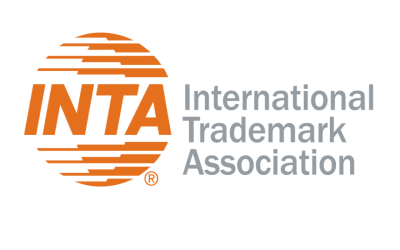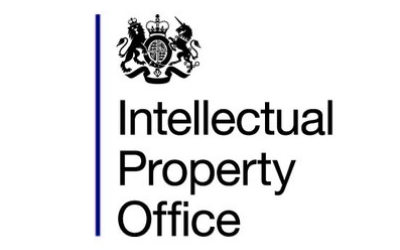In a recent landmark decision, the Delhi High Court has canceled the registration of the trademark DOLMA AUNTY MOMOS, previously held by Mohd. Akram Khan, a resident of Uttar Pradesh, India. The ruling came after Dolma Tsering, the owner of the renowned ‘Dolma Aunty Momos’ stall in South Delhi’s bustling Lajpat Nagar, filed a plea against the trademark.
Tsering, who established her modest dumpling shop in Lajpat Nagar in 1994, claimed to be the pioneer retailer of momos, a Tibetan delicacy of steamed-filled dumplings that has since captured the taste buds of Delhi-NCR residents. She informed the court that her business has flourished over the years and she now operates five momo shops in the area.
The cancelation of the DOLMA AUNTY MOMOS trademark registration marks a significant victory for Tsering and underscores the critical importance of protecting intellectual property rights. This case serves as a poignant reminder of the challenges faced by small business owners in safeguarding their trademarks from unauthorized use and infringement.
Shreyan Dutta, Corporate Lawyer and Company Secretary commented, “The Delhi High Court’s decision to cancel the trademark registration of DOLMA AUNTY MOMOS sets a crucial precedent for the protection of intellectual property rights. It reaffirms the principle that trademarks should not be registered in a manner that causes confusion among consumers or dilutes the distinctive character of a well-established brand.”
The successful plea for the cancellation of the trademark registration by Tsering highlights the importance of robust legal protection for small businesses, particularly concerning intellectual property rights. The ruling serves as a clarion call for entrepreneurs to proactively safeguard their trademarks to prevent infringement and protect their brand identity.
In conclusion, the Delhi High Court’s decision to cancel the trademark registration of DOLMA AUNTY MOMOS is a resounding victory for Tsering and a significant development in the realm of intellectual property law. It reinforces the notion that trademarks are valuable assets that must be protected with diligence and legal recourse when necessary.

Written by Shreyan Dutta
Corporate Lawyer and Company Secretary, The Legal Oasis
You may also like…
COLD PALMER: lessons for athletes looking to protect their image
Modern athletes are brands. Just like traditional brands, they generate revenue through their image, licensing their...
INTA to bring its 2026 Trademark Administrators and Practitioners Meeting to Baltimore’s historic Inner Harbor
New York, New York—September 30, 2025—The International Trademark Association (INTA) is pleased to announce that it...
New Minister appointed with responsibility for intellectual property
The UK Intellectual Property Office (UKIPO) CEO has welcomed the new Minister. Kanishka Narayan MP has been confirmed...
Contact us to write for out Newsletter













